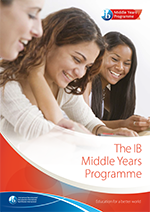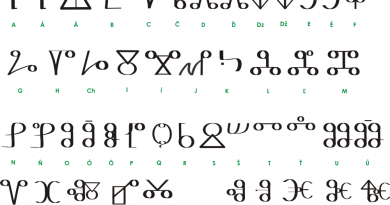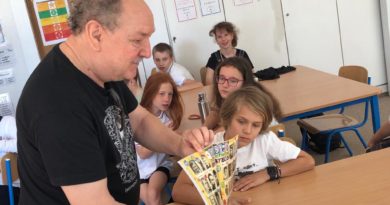MYP in a Nutshell
I had hoped to be able to offer MYP workshops to parents this fall, but as we all know, this has been a year best described by the phrase, “Well, that didn’t go as planned.” As we get closer to the end of 2020, and eventually the distribution of first semester grades, I thought I should at least try to explain a few things. (I still hope to hold those workshops, but for now, this will have to do.)
Let me start with the IB’s own words, taken from “Key Elements of an IB Education,” from the Resources section of the IBO website.
“IB programmes offer students access to a broad and balanced range of academic studies and learning experiences. They promote conceptual learning, create frameworks within which knowledge can be acquired, and focus on powerful organizing ideas that are relevant across subject areas and that help to integrate learning and add coherence to the curriculum.
The programmes emphasize the importance of making connections, exploring the relationships between academic disciplines, and learning about the world in ways that reach beyond the scope of individual subjects. They also focus on offering students authentic opportunities to connect their learning to the world around them.
The four programmes are all underpinned by a shared focus on international-mindedness and developing the attributes of the IB learner profile….”
In the MYP, this means that students take classes from eight subject groups, all of which are equally important. This can be confusing for families who have come from a state/public school system, where classes like PE or art are considered electives or “extras.” According to the IB, however, all of these subjects are necessary to developing internationally-minded life-long learners. For that reason, among others, the EISB did not cancel any of these classes when we shifted to online teaching.
The MYP does not require schools to teach any particular topics, so teachers are free to create their own units, choose their own texts, etc. The basis of the program is a series of themes or ideas, referred to as concepts or contexts. The six global contexts can be used in all subjects, while key and related concepts are generally subject-specific. These are too numerous to list here, but I can give you an example. In our current unit on Mime in Drama, we are exploring the global context of Personal and Cultural Expression. In our lessons, we are focusing on the key concept of communication, as well as three related concepts: audience, expression, and interpretation.
What does this all mean? In short, an IB education is not merely about memorizing facts and figures. Teachers take into account students’ prior knowledge, then give them the opportunity to revise their understanding and make connections with other subjects and their own lives. Students are challenged to ask questions and find answers. They are encouraged to practice their communication and collaboration skills and to reflect on their own progress. In some subjects, reflection or evaluation is one of the four assessment criteria.
These are just a few aspects of the MYP. There are many others, including assessment and the Personal Project. I look forward to discussing these with you as well, sometime in the not-to-distant future. In the meantime, please feel free to contact me if you have any questions.
Ms. Lisa Kerwin
kerwin@eisbratislava.org




